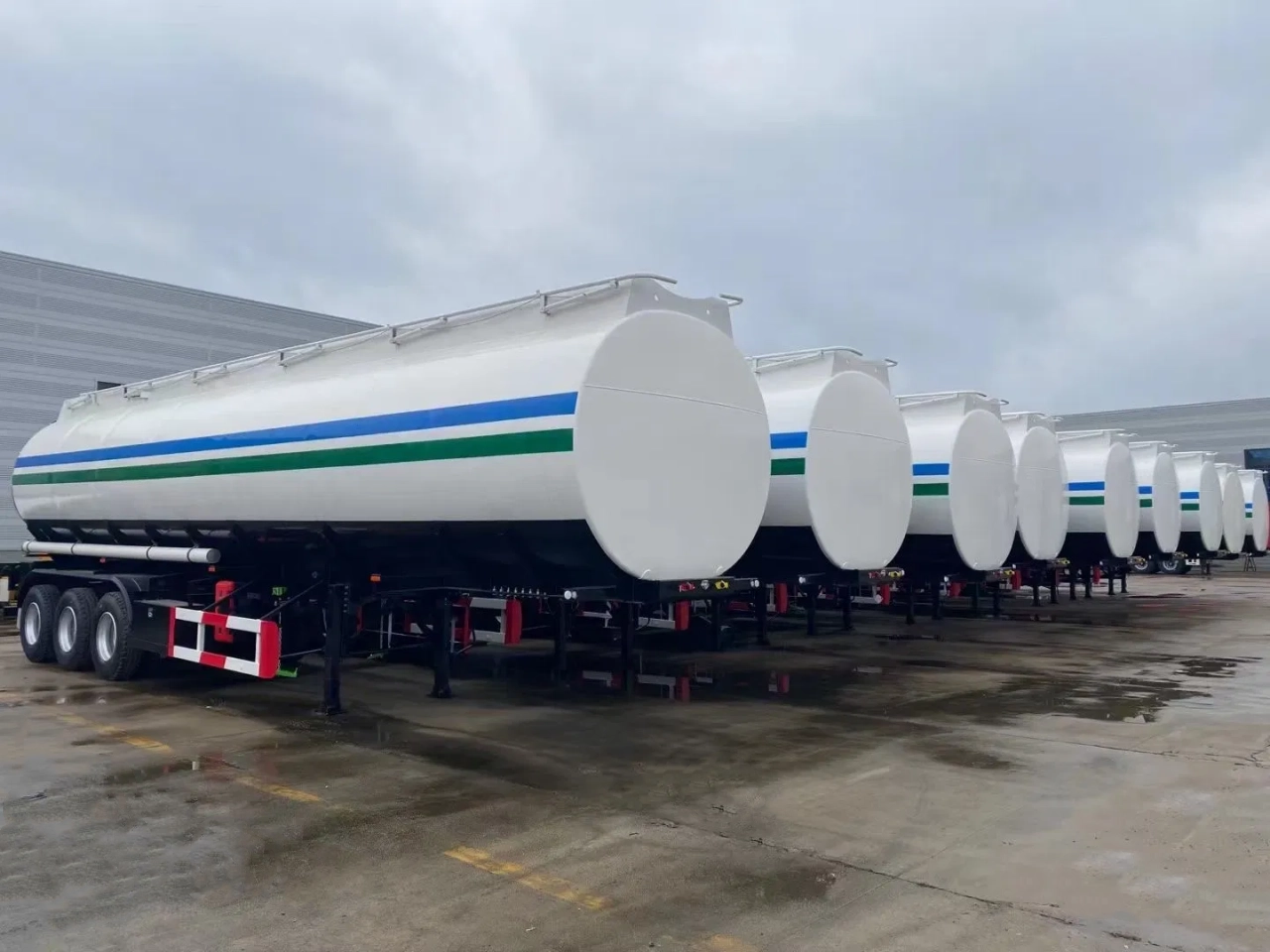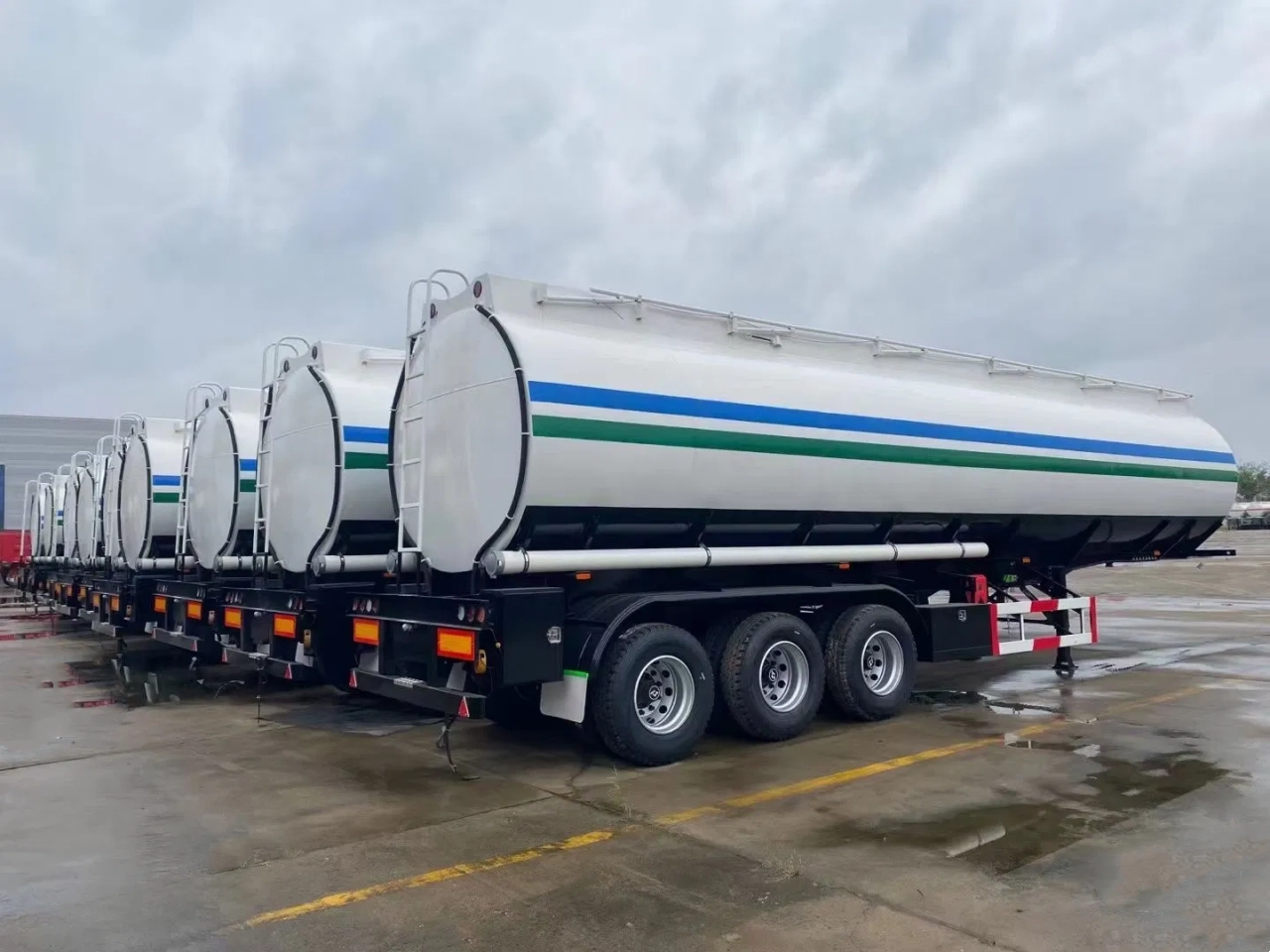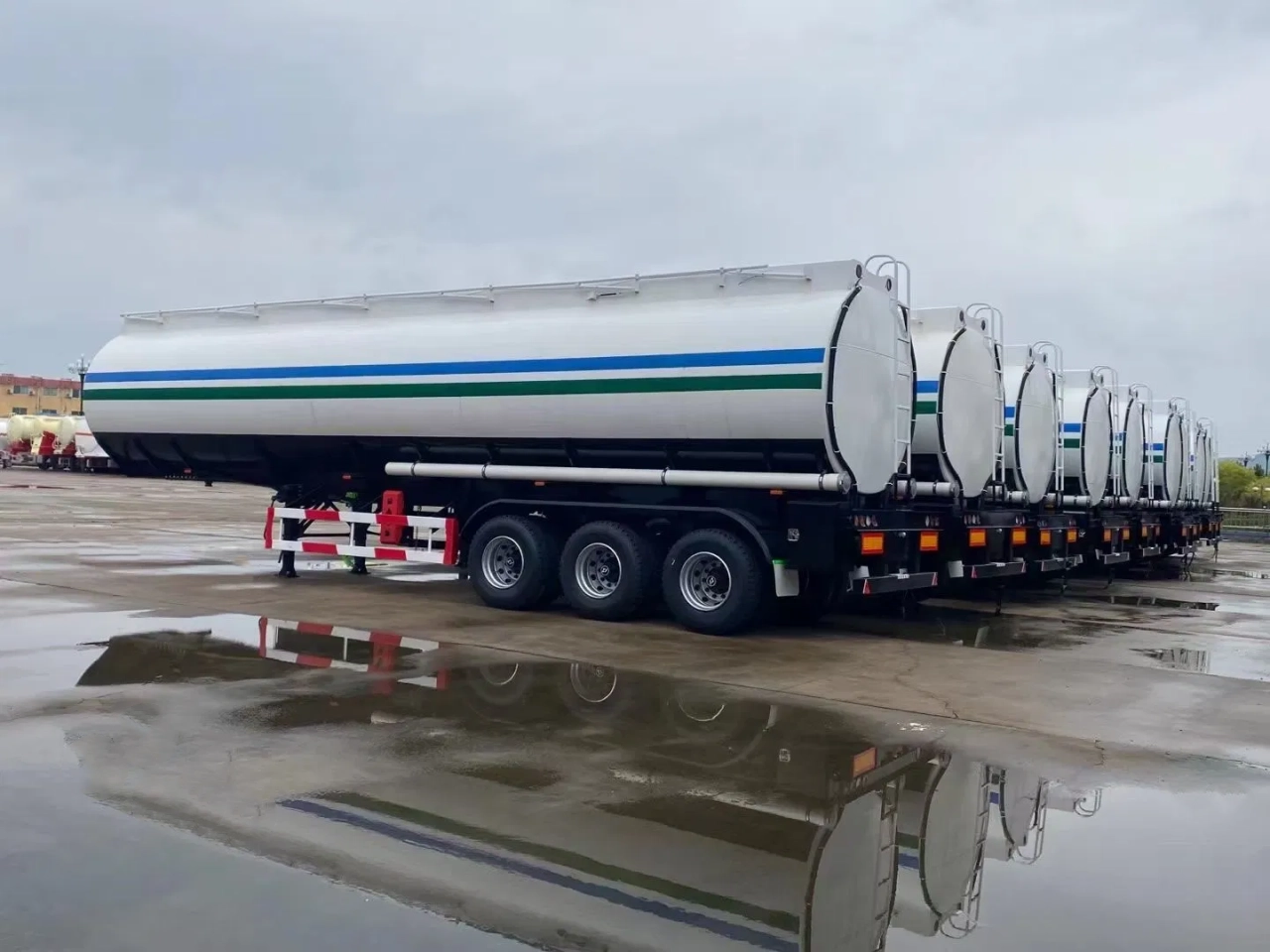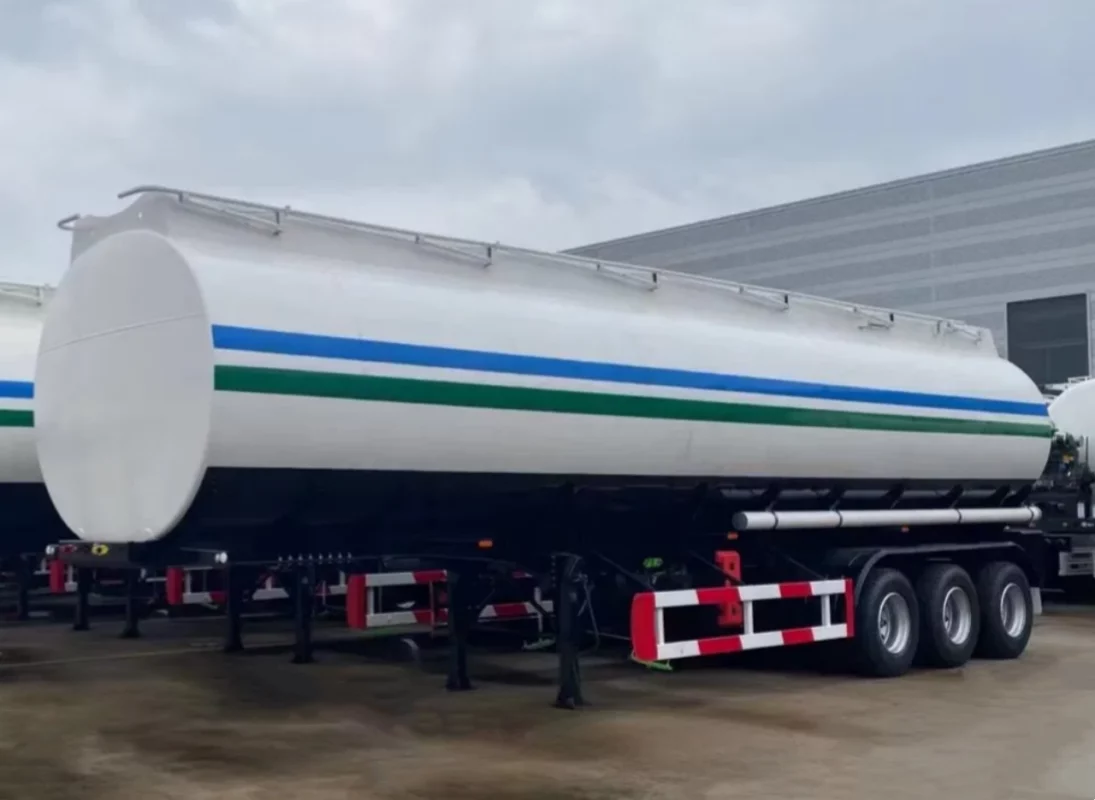Introduction
Water is a crucial resource in various industries, particularly in agriculture and construction. Efficient water transportation and distribution can significantly impact productivity and operational costs. One of the most effective means of transporting large quantities of water is through water tank semi-trailers. These specialized trailers provide flexibility, cost efficiency, and convenience, making them an indispensable asset in many applications. In this article, we will explore the advantages of using water tank semi-trailers in agriculture and construction, highlighting their key features and benefits.
Overview of Water Tank Semi-Trailers
Water tank semi-trailers are large, tanker-style vehicles designed for the bulk transportation of water. They are typically attached to semi-trucks and come in various capacities, ranging from a few thousand to tens of thousands of gallons. These trailers are constructed from durable materials such as stainless steel, aluminum, or polyethylene to withstand the rigors of transportation and prevent contamination.
Water tank semi-trailers are equipped with specialized pumps, hoses, and valves for easy loading and unloading. Some models also feature pressurization systems and spray bars to facilitate irrigation, dust suppression, and fire control. Their adaptability makes them ideal for both agricultural and construction operations.

Advantages in Agriculture
1. Efficient Irrigation and Water Supply
Agriculture relies heavily on water for irrigation, especially in regions with irregular rainfall patterns. Water tank semi-trailers can transport water from reservoirs, lakes, or treatment plants directly to fields, ensuring a consistent supply. They can also be used to refill stationary irrigation systems in remote areas where permanent infrastructure is lacking.
2. Drought Management
During drought conditions, when natural water sources dry up, water tank semi-trailers serve as mobile reservoirs, helping farmers sustain their crops and livestock. They provide an essential lifeline by delivering water where and when it is needed most, reducing crop losses and financial strain on farmers.
3. Livestock Watering
For livestock farms, especially those with large herds, having a reliable water supply is crucial. Water tank semi-trailers can transport and distribute clean drinking water to multiple locations, ensuring the health and productivity of animals. This is particularly useful in remote grazing areas where permanent water sources are unavailable.
4. Fertilizer and Pesticide Application
Some water tank semi-trailers can be modified to distribute liquid fertilizers and pesticides. By integrating spraying systems, farmers can efficiently apply treatments to crops, reducing manual labor and increasing yield potential.
5. Fire Prevention and Control
Farms and agricultural lands are often vulnerable to wildfires, particularly during dry seasons. Water tank semi-trailers can act as mobile firefighting units, providing rapid response to fires and preventing extensive damage to crops and infrastructure.
Advantages in Construction
1. Dust Suppression
Construction sites, especially those involving earthmoving and excavation, generate significant amounts of dust. Water tank semi-trailers are commonly used for dust suppression by spraying water over roads, construction zones, and stockpiles. This not only improves air quality but also enhances worker safety and visibility.
2. Concrete Mixing and Curing
Water is a fundamental component in concrete mixing and curing. Water tank semi-trailers provide a reliable source of water for on-site concrete batching plants. They ensure that the required water is available in precise quantities to maintain the strength and durability of the concrete.
3. Compaction and Soil Stabilization
In road construction and land development projects, soil compaction is essential for creating a stable foundation. Water is often sprayed onto the soil before compaction to enhance density and reduce air voids. Water tank semi-trailers enable efficient soil wetting, improving the effectiveness of compacting equipment.
4. Remote Site Accessibility
Many construction projects are located in remote or arid areas with limited water access. Water tank semi-trailers provide a practical solution by transporting water directly to these sites, eliminating dependency on municipal supplies and reducing project delays.
5. Emergency and Safety Applications
Construction sites must be prepared for emergencies such as fire outbreaks. Water tank semi-trailers can serve as on-site fire suppression units, enhancing workplace safety. Additionally, they can supply water for sanitation purposes, including cleaning equipment, vehicles, and worker facilities.

Cost and Operational Efficiency
1. Reduced Dependency on Municipal Water Supplies
Relying on local water supplies can be expensive and may not always be feasible in rural or remote areas. Water tank semi-trailers provide a cost-effective alternative by allowing businesses to source water from natural reservoirs or private wells.
2. Minimized Water Wastage
Water tank semi-trailers are designed with controlled distribution systems, ensuring that water is efficiently used. This minimizes wastage and helps businesses comply with environmental regulations.
3. Increased Productivity and Time Savings
By having a mobile water source on hand, agricultural and construction operations can run smoothly without interruptions caused by water shortages. This leads to increased productivity and faster project completion times.
4. Flexibility and Scalability
Water tank semi-trailers can be used across various applications, making them a versatile investment. Businesses can scale their operations by using multiple trailers as needed, ensuring adaptability to different project sizes and demands.
Environmental Benefits
1. Eco-Friendly Water Distribution
Efficient water transport reduces fuel consumption compared to smaller water transportation methods, lowering carbon emissions. Additionally, water tank semi-trailers help reduce water wastage by enabling precise distribution.
2. Erosion and Runoff Control
Uncontrolled water runoff can lead to soil erosion and environmental damage. Water tank semi-trailers help manage water application rates, preventing excessive runoff and preserving soil integrity.
3. Support for Sustainable Agriculture
By ensuring an adequate water supply, these trailers support sustainable farming practices, enabling farmers to maintain yields while minimizing environmental impact.

Conclusion
Water tank semi-trailers are invaluable assets in agriculture and construction, offering a reliable and efficient means of transporting and distributing water. Their versatility extends to irrigation, dust suppression, livestock watering, fire prevention, and more, making them essential for optimizing productivity and operational efficiency. Additionally, they provide significant cost savings, environmental benefits, and scalability, ensuring they remain a preferred choice for businesses in need of water transport solutions. As industries continue to seek more sustainable and effective ways to manage water resources, the use of water tank semi-trailers will undoubtedly play a critical role in supporting their success.

